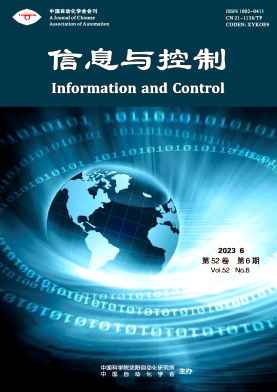The power of the future perfect in program logics
Q4 Mathematics
引用次数: 137
Abstract
The expressiveness of branching time tense (temporal) logics whose eventually operators are relativised to general paths into the future is investigated. These logics are interpreted in models obtained by generalising the usual notion of transition system to allow infinite transitions. It is shown that the presence of formulae expressing the future perfect enables one to prove that the expressiveness of the logic can be characterised by a notion of bisimulation on the generalised transition systems. The future perfect is obtained by adding a past tense operator to the language. Finally the power of various tense languages from the literature are investigated in this framework.
未来的力量完善于程序逻辑
研究了最终算子相对于未来一般路径的分支时时态逻辑的可表达性。这些逻辑被解释在模型中,通过推广通常的过渡系统概念来允许无限的过渡。结果表明,表示将来完成时的公式的存在使人们能够证明逻辑的可表达性可以用广义过渡系统上的双模拟概念来表征。将来完成时是通过在语言中添加过去时操作符来获得的。最后,本文在此框架下探讨了文献中各种时态语言的作用。
本文章由计算机程序翻译,如有差异,请以英文原文为准。
求助全文
约1分钟内获得全文
求助全文

 求助内容:
求助内容: 应助结果提醒方式:
应助结果提醒方式:


